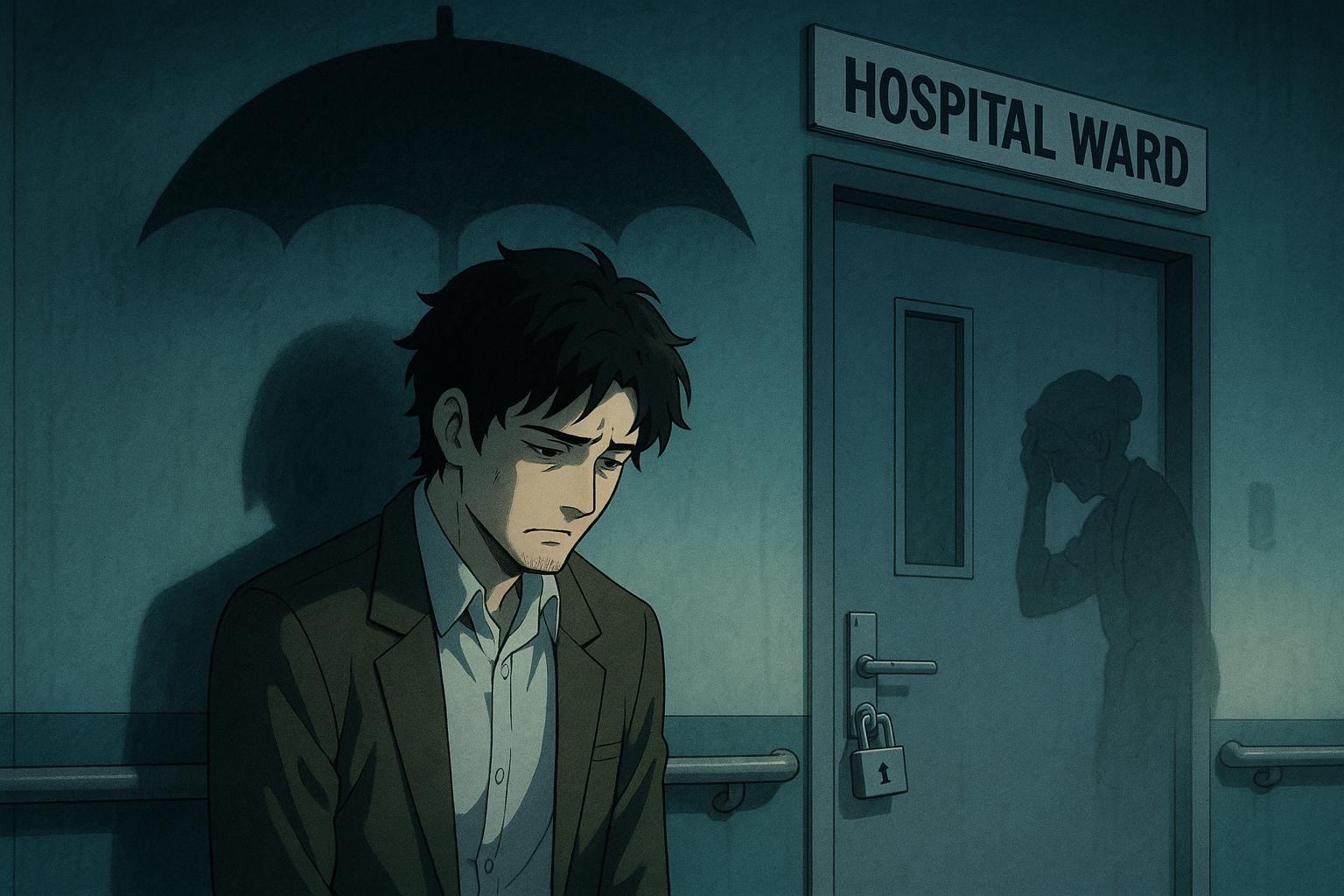A tragic incident in Somerset has raised significant concerns about mental health care and its intersection with public safety. David Parish, a 38-year-old man previously detained under the Mental Health Act for treatment of paranoid schizophrenia, was sentenced to six years in prison for the manslaughter of Beryl Purdy, an 86-year-old church warden. The attack occurred on March 27, 2023, when Parish, armed with a golf umbrella taken from Mrs Purdy's porch, fatally struck her in her own home after locking her husband, Peter Purdy, in a separate room.
Details revealed by Bristol Crown Court describe a premeditated assault amidst a backdrop of severe mental health deterioration for Parish, exacerbated by substance abuse. The court heard that before committing the act, he had been temporarily residing at the Rydon Ward in Taunton, where inadequate security measures allowed him to walk out when the entry door was inadvertently left unlocked. Judge Pushpinder Saini expressed astonishment at the lack of accountability surrounding this failure, questioning how a patient under close observation could so easily abscond and subsequently wreak havoc.
The psychological state of Parish at the time of the crime included grandiose delusions, leading him to believe he was receiving messages from external forces. His mental health had reportedly worsened following the collapse of his marriage in 2021, and his situation raises alarms about the ongoing challenges faced by mental health services. Anna Vigars KC, the prosecutor, noted that Parish had shown signs of being calm during a family visit just before the attack, leading to a tragic misjudgment about his stability.
Following the death of Mrs Purdy, the community has expressed outrage regarding the perceived failures of the mental health system. Her family described their grief and frustration in a powerful victim impact statement, asserting that they are now serving a "life sentence of torment." They called for urgent reviews of how the justice system and mental health care interface, insisting that such a tragedy must never occur again. “We were unable to save Bez from her attacker and the outcome of sentencing today also means that her attacker avoids a life sentence,” they lamented.
In defence, Parish's attorney, Adam Vaitilingam KC, indicated that his client felt deep shame and remorse for his actions. He argued that ensuring psychiatric patients remain secure is paramount, highlighting that Parish's unstable mental state played a crucial role in the event. Despite this plea, the judge maintained that the crime merited a custodial sentence, noting that the use of cannabis had led to the breakdown of Parish's mental health and exacerbated his psychosis.
This case not only draws attention to an individual tragedy but also reflects larger systemic issues in mental health care. With the ongoing investigation into the security lapses at Rydon Ward, the case serves as a potential catalyst for reform in the management of mentally ill individuals within society. Parental and public concerns echo those raised in prior incidents where failures in mental health treatment landscapes directly contributed to violence, emphasising a pressing need for rigorous oversight and improved care structures.
Future discussions about mental health care reform must consider the implications of this case, as families affected by these tragedies seek assurance that no one else will endure what the Purdy family is now facing. Detective Inspector Debbie Hatch poignantly remarked that this deeply tragic incident underscores the critical need for a balance between mental health treatment and community safety. As the Purdy family continues to grapple with their profound loss, the hope is that their experiences will foster meaningful change to protect both patients and the wider community from the consequences of inadequate mental health care.
Source: Noah Wire Services
